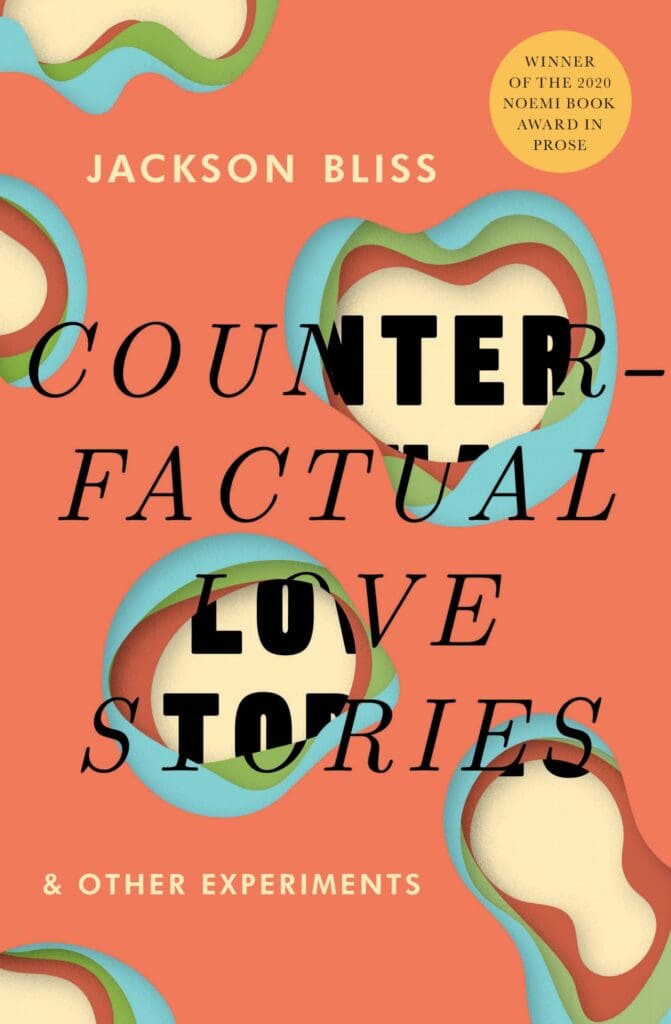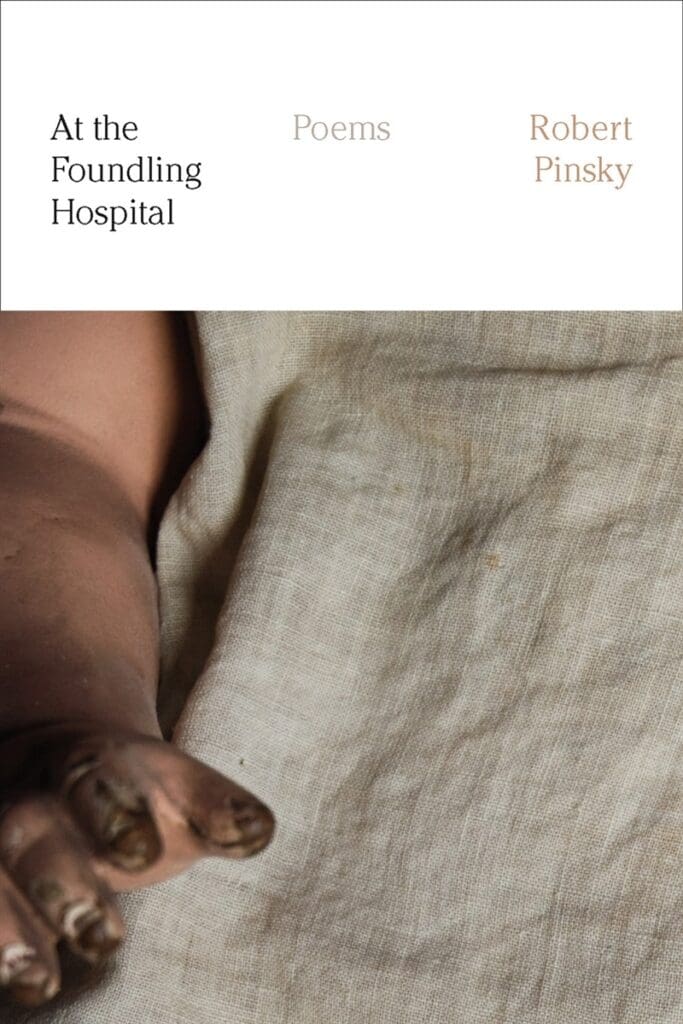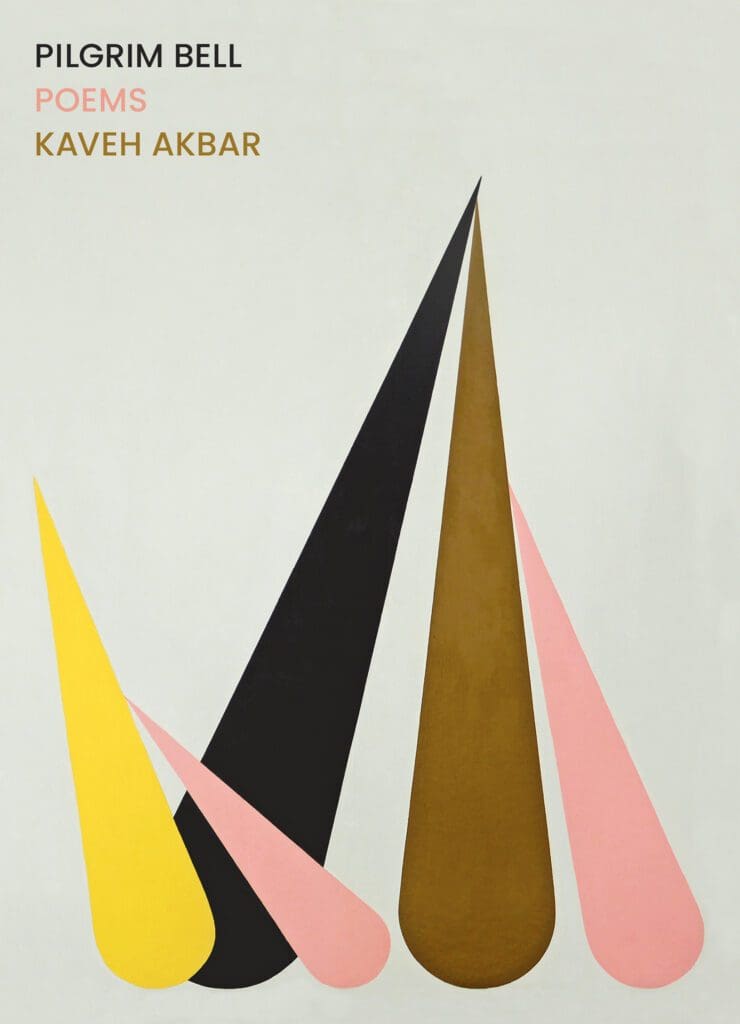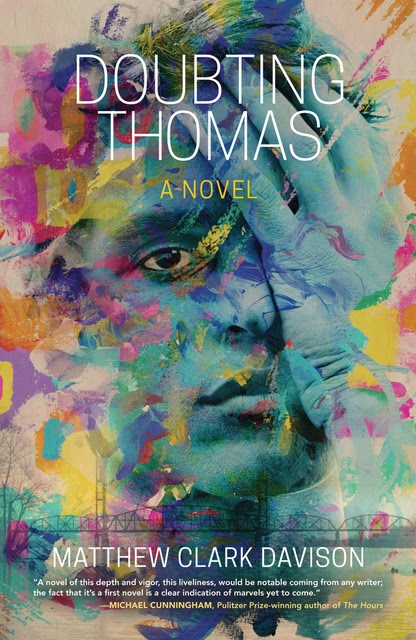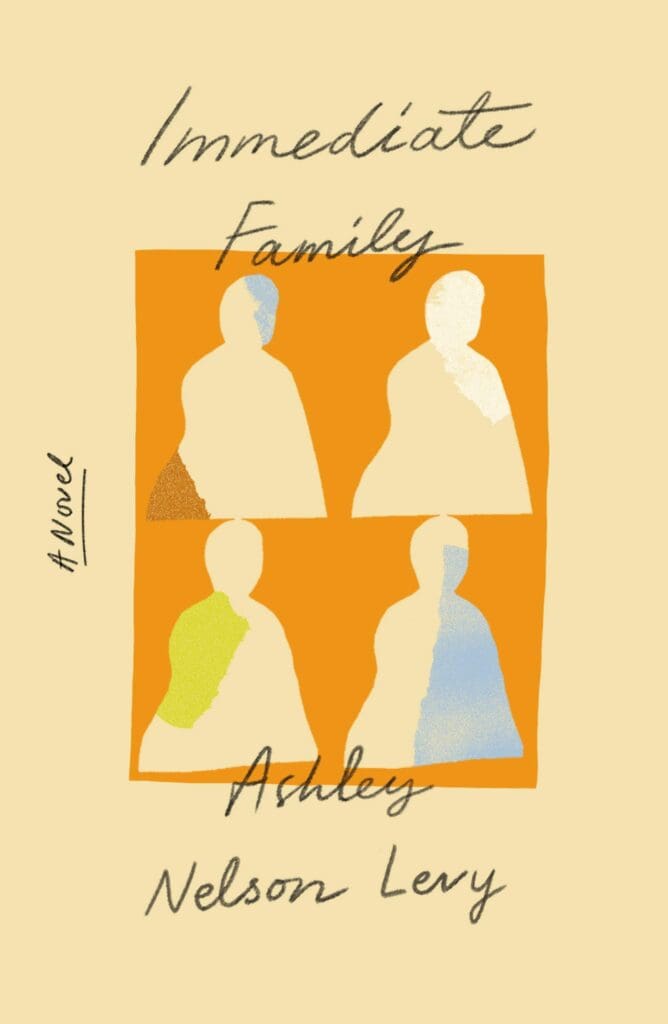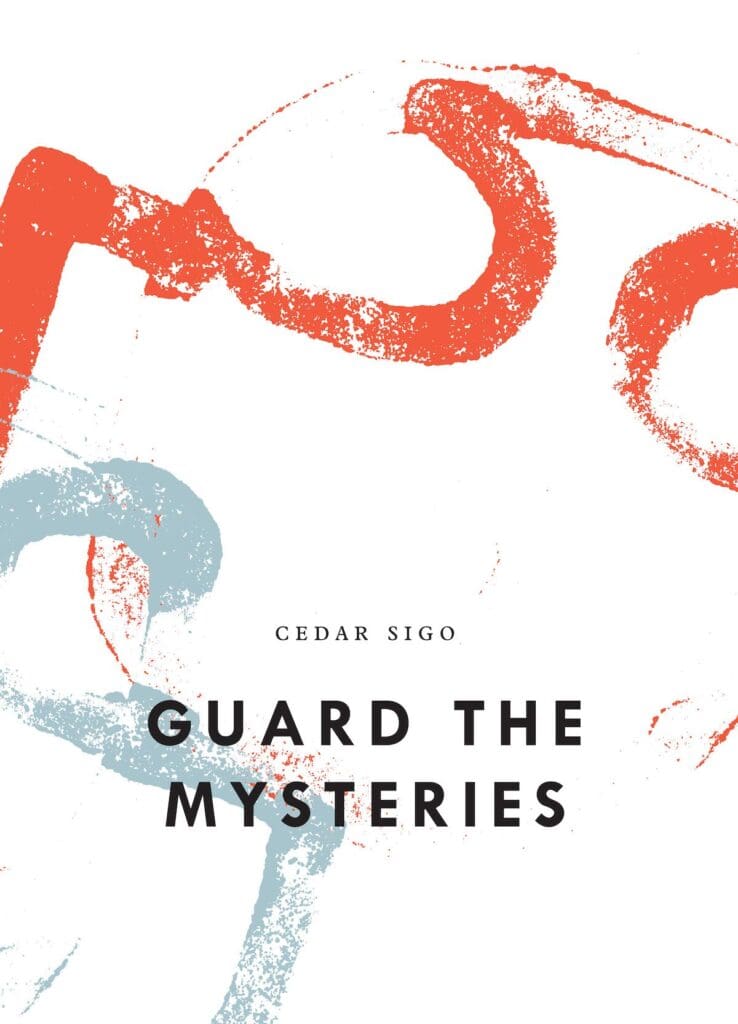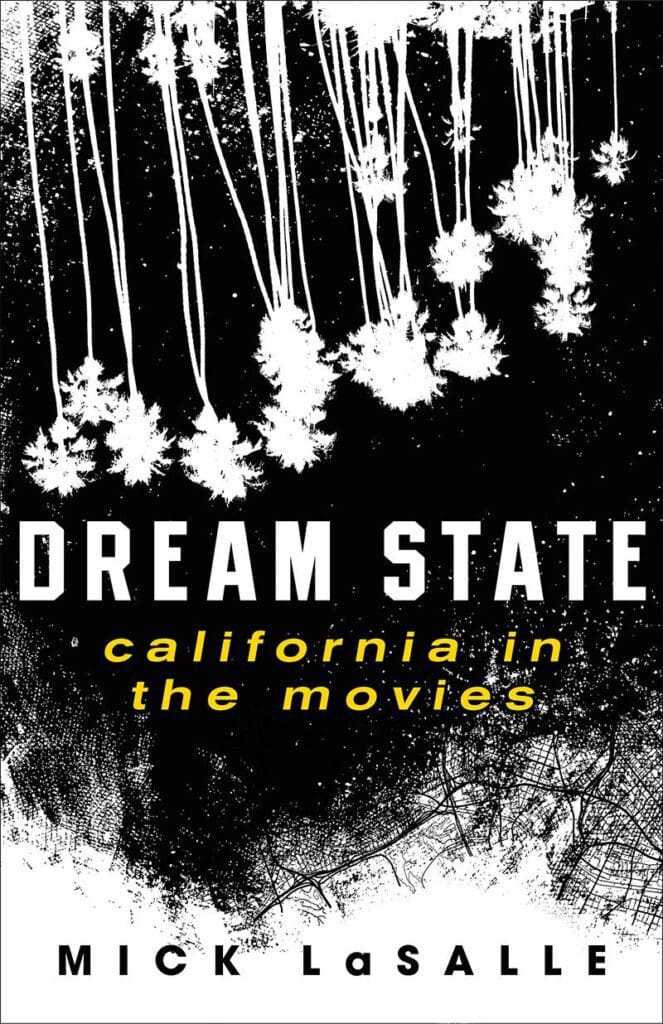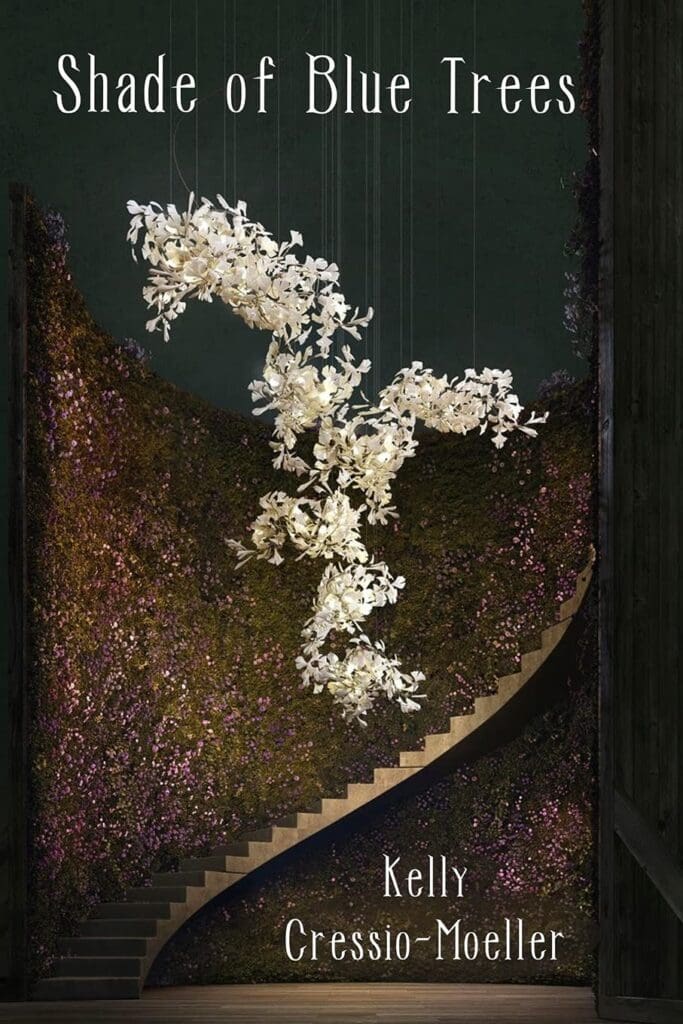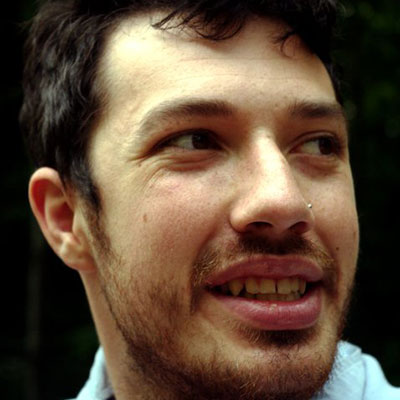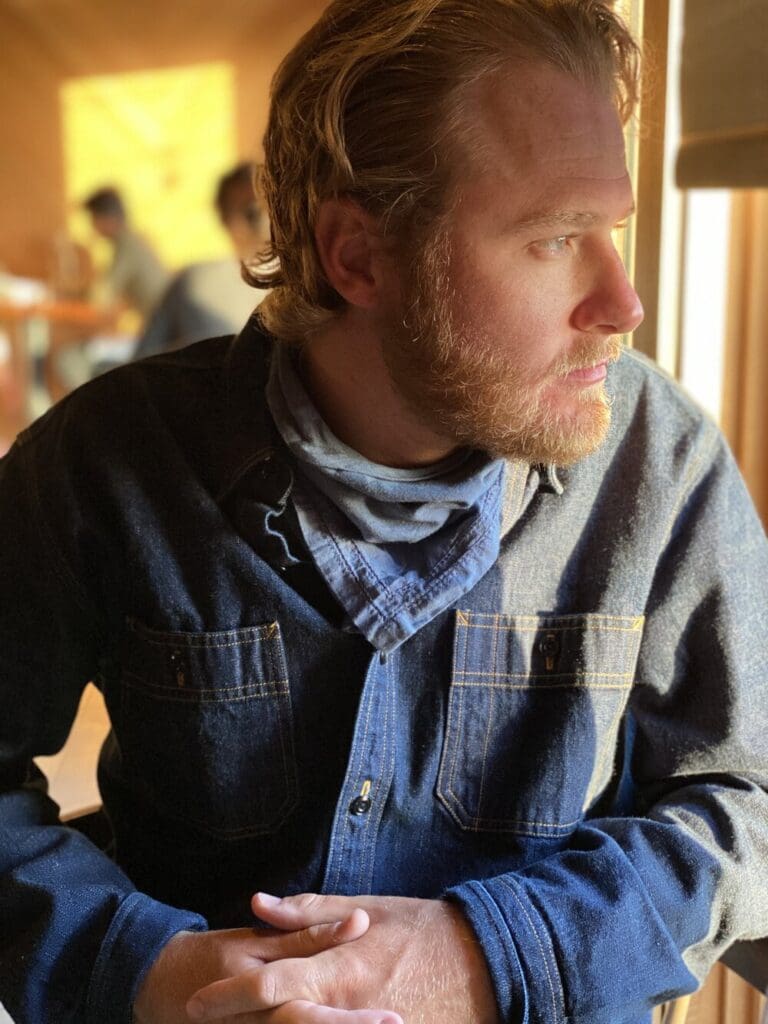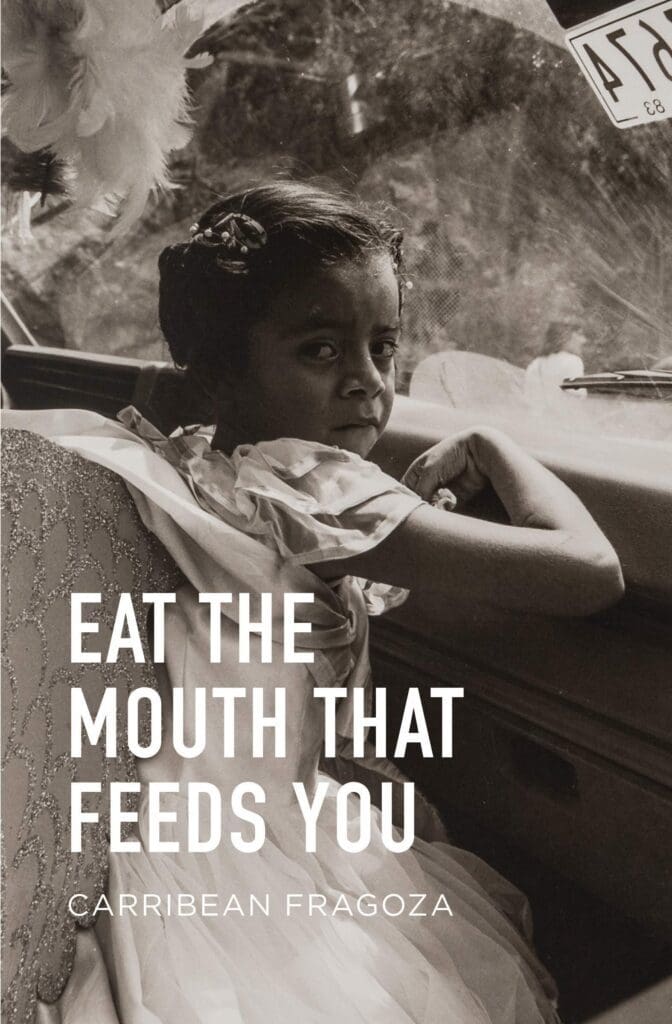Jackson Bliss’s debut book of fiction, Counterfactual Love Stories and Other Experiments (200 pages; Noemi Press), is exactly what the title claims—a collection of exciting, bold experiments that stretch the notion of what a story can be. Of the thirteen stories in it, no two share the same form. Yet underneath the narrative invention, the genre-bending fireworks, and the speculative characters, Bliss’s stories are meditations on classic themes: time, autonomy, race, and, of course, love. Bliss is the winner of the 2020 Noemi Prize in Prose, holds an MFA in Creative Writing from the University of Notre Dame, and a […]
Q&A with Jackson Bliss: ‘Counterfactual Love Stories and Other Experiments’ & The Rules You’re Allowed to Break
by Peter Schlachte
